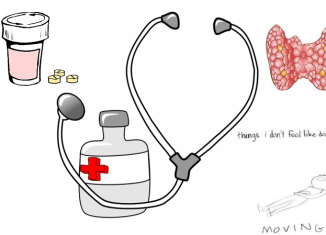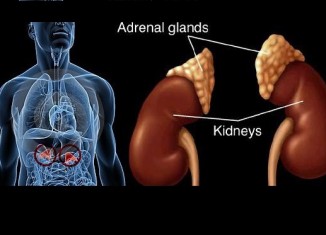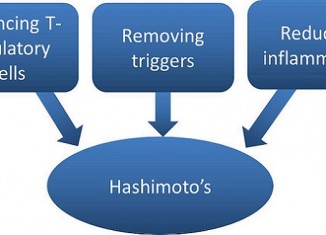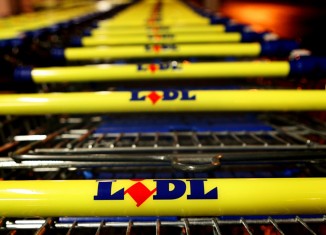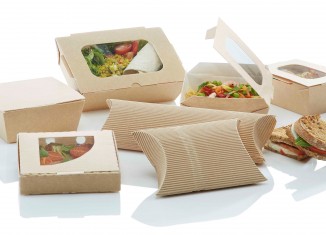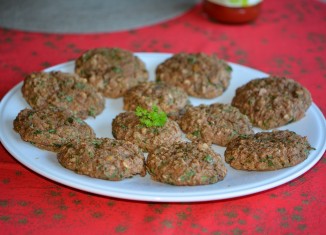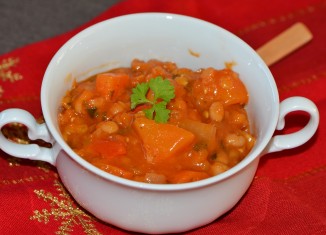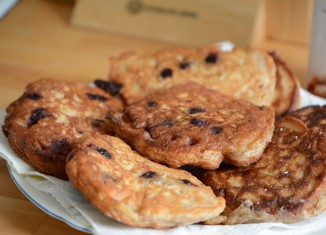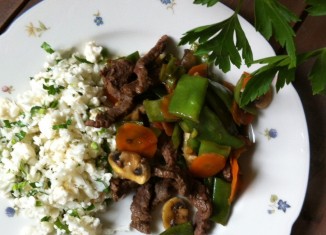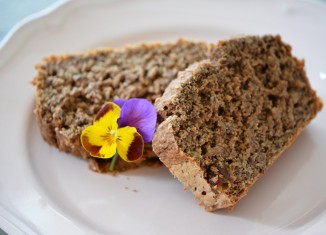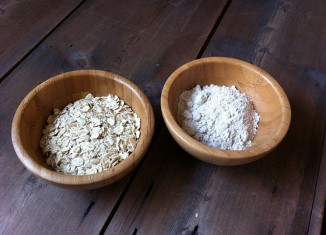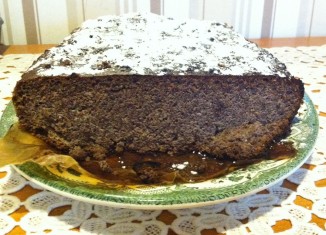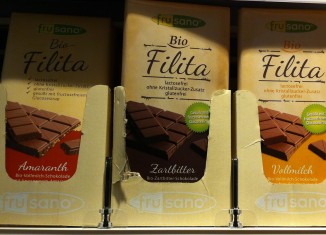What is inflammation
Inflammation is a totally normal reaction of our body to invasion by bacteria and viruses. It protects us from infections. Besides, it is one of the body’s healing powers. For instance, when you injure your ankle, it hurts and it swells. The pain is a signal from our body to stop what we are doing. The collection of blood and fluids in the injured area immobilizes the injured place. Nutrients transported by the blood begin the repair process. This kind of inflammation is a natural healing process.
However, we do want to eliminate the chronic and excessive inflammation that occurs in bodies of people with autoimmune conditions. The inflammation in a Celiac’s intestine is not a healing or protecting process. Existence of a chronic inflammation increases the risk of life threatening diseases.
Conditions characterized by excessive inflammation
- Heart disease
- Alzheimer’s disease
- Cancer
- Obesity
- Diabetes
- Autoimmune diseases (like Celiac or Hashimoto’s)
- Asthma
- Allergies
- Arthritis
- Prostate disease
Inflammation vs our diet
The cells in a human body produce a variety of pro-inflammatory and anti-inflammatory chemicals using nutrients from food we eat, specifically from fatty acids. Most of fatty acids derived from Omega-6 fats are converted into pro-inflammatory substances and fatty acids from Omega-3 fats are used to make anti-inflammatory substances. The right balance between consumption of Omega-3 and Omega-6 plays an important role in maintaining a balance between pro- and anti-inflammatory reactions in the body.
The modern society, in highly developed countries, consumes about twenty times as much Omega-6 as Omega-3 fats. Most of us eat too many sweets, starches, empty calories, and highly processed foods. Consequently, these dietary habits contribute to our problems with inflammation.
Some make a link between the worldwide epidemic of inflammatory conditions and increased consumption of cereal grains, the oils produced from them (high in Omega-6 fatty acids), and decreased consumption of vegetables and legumes.
The fact that the diet of our livestock has followed the same trend, leads to production of meat, milk and eggs with lower Omega-3 content and higher Omega-6 content. Similarly, the farm-raised fish is fed with a grain-based feed. (I won’t even discuss that inflamed intestine of the farm-raised fish caused by the presence of soy proteins in their diet).
What can you do
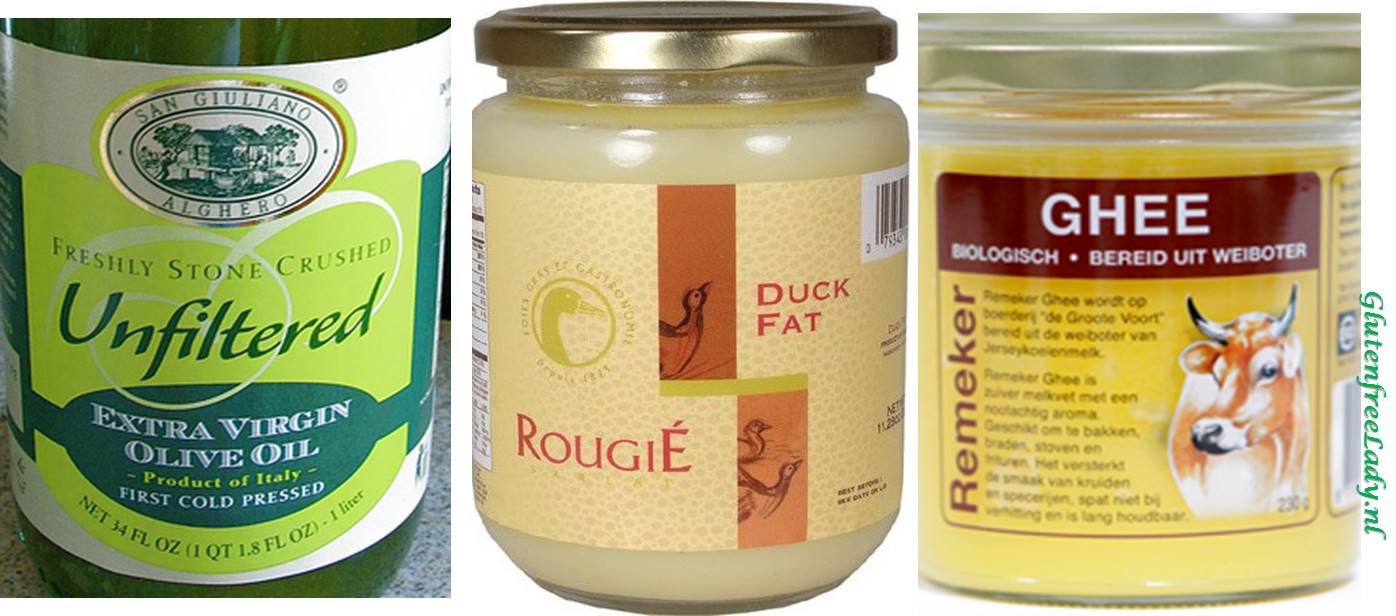
To support your body in fighting inflammation (celiac, Hashimoto’s) you can start with eating a balanced diet and reduce consumption of Omega-6 fats. Reduce but do not eliminate, your body needs these fats too. The correct ratio between Omega-3 and Omega-6 is 2:1. Fats like olive oil (cold pressed, organic, raw, extra virgin) or avocado are a good choice but in moderation and shouldn’t be used for cooking in high temperature. From my experience, for baking it is the best to use fats like butter (bio, from grass-fed cows), duck fat or palm fat. Coconut oil has many good properties too if your body can tolerate it; mine can’t. I avoid frying on plant based fats.
Also, reducing consumption of refined flours, sugar, and hydrogenated fats is very important. The latter are present in margarine, biscuits, cakes, frozen meals, fried foods, sweets, crisps, fish fingers and many dairy products. Besides, consumption of Omega-3 sources (fish oil and chia seeds) and other anti-inflammatory foods (ginger, cayenne, turmeric, ginkgo biloba) is beneficial for people with a chronic inflammation.
Based on ‘The inflammation free diet plan’ by M.Reinagel, other and my own experience.
*Please, keep in mind that everyone’s body chemistry is different. What is considered healthy for one person might not be healthy for another person. Each person has its unique sensitivity level to the gluten contamination or other food sensitivities. I suggest to listen carefully to how your body reacts to individual foods.

